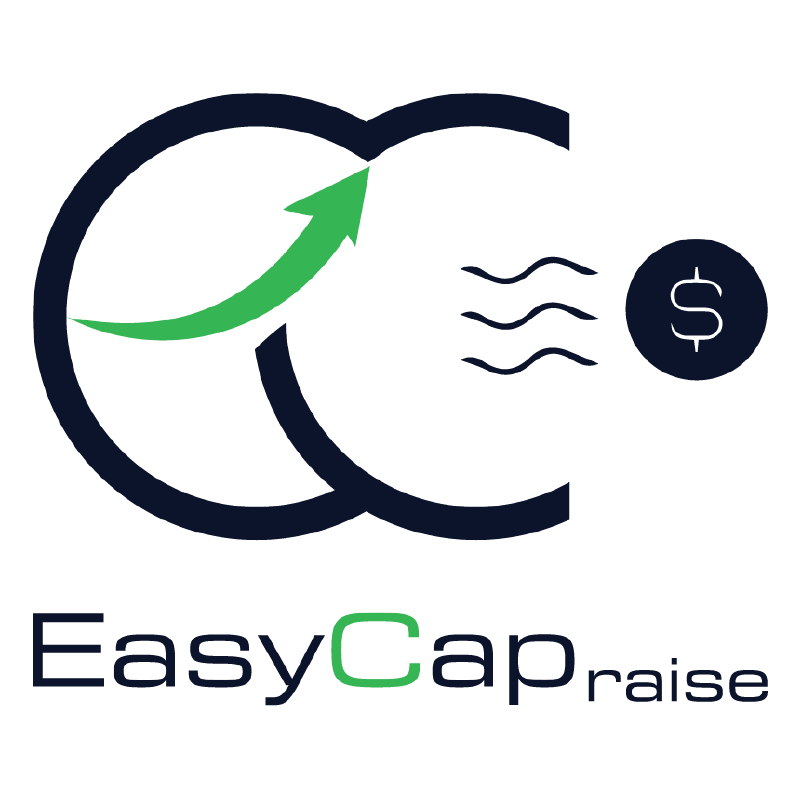How to create a winning pitch deck
Investors deal with dozens of pitch decks and presentations every week. They are usually looking for specific information in a pitch deck, and rarely get enthusiastic about them. In order to stand out, your pitch deck should be flawless in design, to the point, and have a compelling storyline to captivate investors’ attention.
Flawless design and formatting
Professional venture capitalists and angel investors spend thousands of hours looking at pitch decks. They can instantly spot any mistakes in a deck, and will likely ignore any pitch containing such errors.
Be concise and to the point
A winning pitch deck contains more visuals and less text. Investors spend an average of only 4 minutes reading a pitch deck. Use a limited number of bullet points in each slide. They should be clear, simple, and contain no more than ten words.
Story, Story, Story.
Storytelling is the most valuable skill you can have. Stories are easier to recall than visuals or texts. Your slides should be linked together with a consistent flow to craft an engaging narrative.
The following items are essential for writing a pitch deck
- A novel venture idea that is supported by unbiased and honest market research.
- A business model that is simple and has the potential to target a massive market.
- Successful traction, an MVP, a patent, or a proof of concept for your idea.
- A team that believes in the idea and has the required skills and experiences to make it a success.
If you lack any of these, you’ll most certainly get rejected by angel investors and venture capitalists. Make sure you have these before pitching.
Contents
Now that you have all the requirements, let’s see what goes into a wining pitch deck.
A standard pitch deck contains between 12-15 slides. The list of contents in your pitch deck depends on the stage of your business and the story you want to tell. Let’s walk through all the essential elements of a standard deck:
Title
Your company name and a succinct description of your business. (5 words Max)
Problem/solution/value proposition
Here is where your story starts. It’s where you came up with the idea behind your business. In this part, investors expect to see answers to the following questions:
Who are your target customers? What problem are you solving? What is your solution? How is it unique and unlike any other solutions out there?
Your arguments should be straightforward and undebatable. You need to get your audience hooked on your storyline.
Business model
Illustrate your primary revenue model. Generally, investors prefer active revenue lines to passive revenue lines. They also prefer recurring revenue streams like monthly and annual subscriptions.
Traction
Your job here is to prove to the investors that your business model works and that your target customers are willing and able to pay. If you’re post-revenue, this slide can contain a single chart of your historic monthly, quarterly, or annual revenue.
For a pre-revenue business, you can include examples of your success in another company with a similar model or even a positive quote from an industry leader or a potential customer.
Market
The investors you approach are most likely risk-takers, and so they particularly seek opportunities with massive potential returns. Your job is to illustrate how much money you could make if you dominate your target market.
This slide generally contains calculations and figures for Total Addressable Market (TAM), Serviceable Addressable Market (SAM), and Serviceable Obtainable Market (SOM).
Competition
This is undoubtedly the most challenging slide of your deck, and investors are very critical of this. Your objective is to provide multiple reasons why your unique solutions are superior to other competitors. Don’t ever say “We have no competition” or “We are the only player in the market”. Investors would rightly conclude that you don’t know your market, and they won’t take you seriously.
Even if you have a brand-new solution, you still need to compare it to traditional solutions.
Financial projection
In this part, investors expect to see a 3-years or 5-years projection of your cash flow and profitability. Get ready to be challenged, and make sure your underlying assumptions of revenue and costs are carefully thought out.
Team
Now that investors have bought into your idea and your plans for the future of the business, you need to ensure them that the right team is in charge of executing this plan. Investors love to see team members who have successful experience in the same market or ones who have experience scaling a startup business.
Funding
It’s time to ask investors to be a part of your story. This slide should contain the amount of funds you are raising and how they’re going to be used.
By applying all these tips and instructions, you’ll have a far better chance of getting noticed by investors and creating a compelling pitch deck. But keep in mind, that there is no simple formula for building a perfect pitch deck that can truly captivate your audience and end a pitch deck on a high note. You can’t simply copy a winning pitch deck and expect to replicate its success. You need a unique deck that stands out from the competition to open investors’ checkbooks.
Contact us
Good to have you here! If you have any queries, please leave your message. Our team will reach out soon:)
.










